Colleen Kessler, M.Ed.
Gifted, twice-exceptional, and otherwise neurodiverse children know this expectation well. In fact, they often set exceptionally high standards for themselves. After all, striving for perfection in the sense of learning to excel can be healthy and admirable, right?
Well yes, but when reaching for perfection turns compulsive, it becomes an unhealthy struggle. This type of pervasive perfectionism can become debilitating to a neurodiverse child. Neurodiverse perfectionists can be unsatisfied with their performance on anything—even when they’ve done beautifully.
I remember when my son, now twenty, was in middle school and began playing the flute. When he went in for his first band lesson to try out and test different band instruments to see what he was most suited to play, he was told that he had a natural ability and could play whatever he wished. He chose to play the flute because he’d read that it was one of the most difficult to master.
At first, he practiced well and often, but as time went on and the pieces became more challenging, he pulled back. He pulled back because he was afraid to fail. The toughest thing about being told you’re a natural at something—and being great from the start—is that once it gets hard, you start to feel like you’re not actually as good (or worthy) as everyone thought you were. With every failed note, my son felt increasingly devastated and angry.
Differently-wired kids face an unrealistic view of what failure is from an early age and get their self-worth tied up in that perception. They fear failure intensely.
This unhealthy form of perfectionism is very different from a motivation for excellence. The dissimilarity keeps differently-wired perfectionists from ever completely feeling good enough about themselves. It keeps kids from taking risks. They become so afraid of failure that they avoid work, play, and new experiences altogether.
I can still be this way as a perfectionistic, twice-exceptional adult. I get anxious and then procrastinate on tasks or projects I have coming up because I’m afraid I won’t be able to meet my own high standards. Before a speaking event, I often get stuck and don’t pull my talks, slides, and handouts together until the last minute. It’s not because I don’t know the topics inside and out—I live the topics of giftedness, anxiety, perfectionism, and neurodiversity in homeschooling and parenting daily!
I just don’t want to let my audience down. I’m headachy and nauseous when I think about those parents in the audience walking away without having their needs met. I love speaking. I love writing. I’ve done both for decades and get myself worked up each and every time because I care so much about creating the perfect experience for others.
I know exactly how my son feels.

So, as parents who want our differently-wired children to overcome their fear of failure and excel, without becoming unhealthy in their quest for perfection, how do we help?
When I taught gifted children in the public schools, I started the year by going into all of the third grade classrooms and reading excerpts from the book Mistakes That Worked by Charlotte Foltz Jones. The book profiles inventions that happened because someone failed. The Frisbee, Toll House chocolate chip cookies, and Post-It Notes are some of the amazing things discussed in that book. Sometimes the best learning happens from the biggest failures. (Check out our Great Books column for more about Mistakes That Worked!)
Then, teach your kids to lose. Play games with them, starting with games of chance and moving onto skill-based games. Celebrate gracious losing.

Remember, if your children’s fear of failure is getting in the way of normal activities and preventing them from getting involved in new ones, or if your children show symptoms of anxiety related to perfectionism like stomachaches, headaches, or eating disorders, you may want to get professional psychological help for them and your family. Seeing a psychologist or a family counselor can help give you the tools to get your kiddos and yourself back on track.

